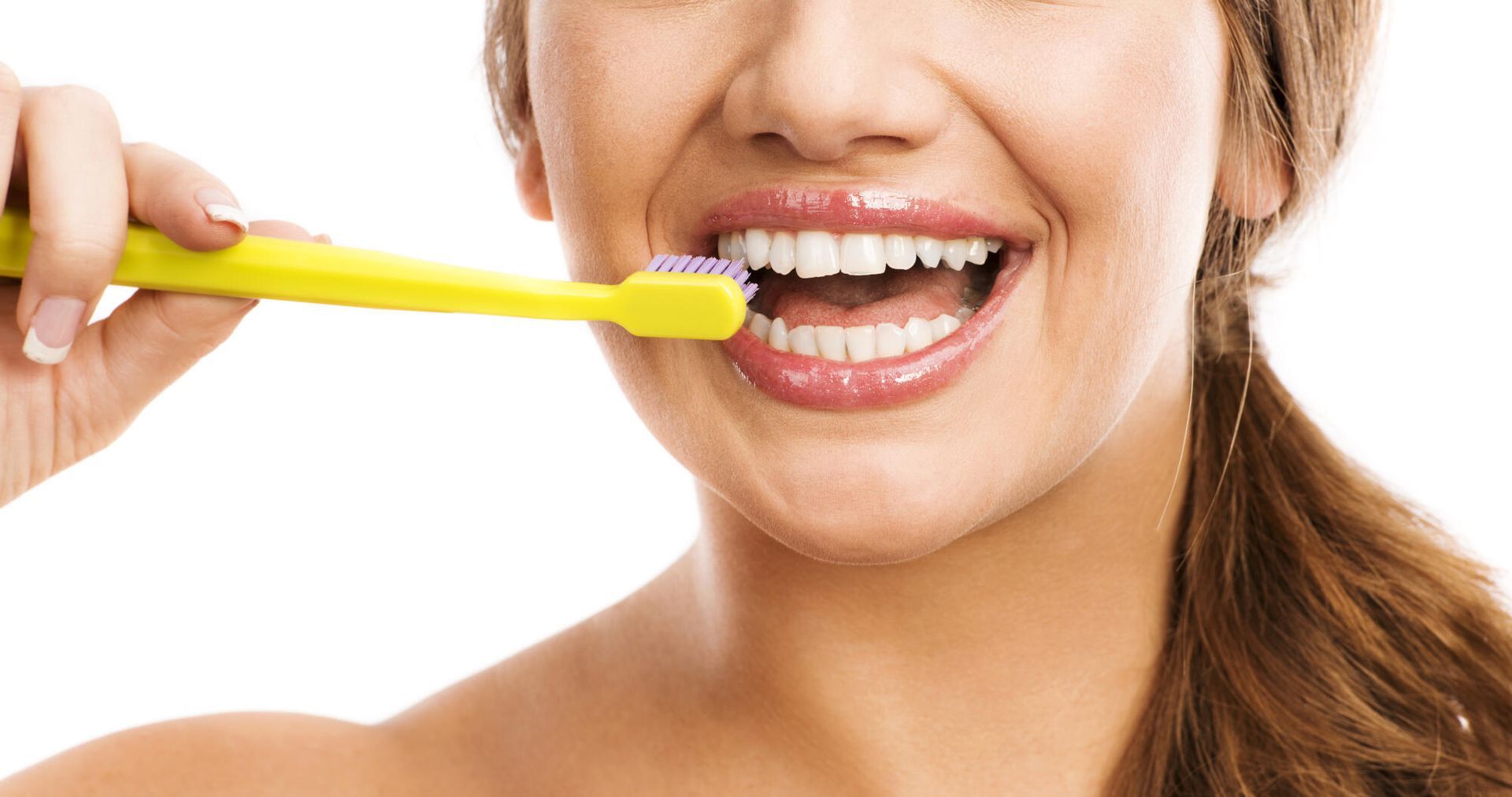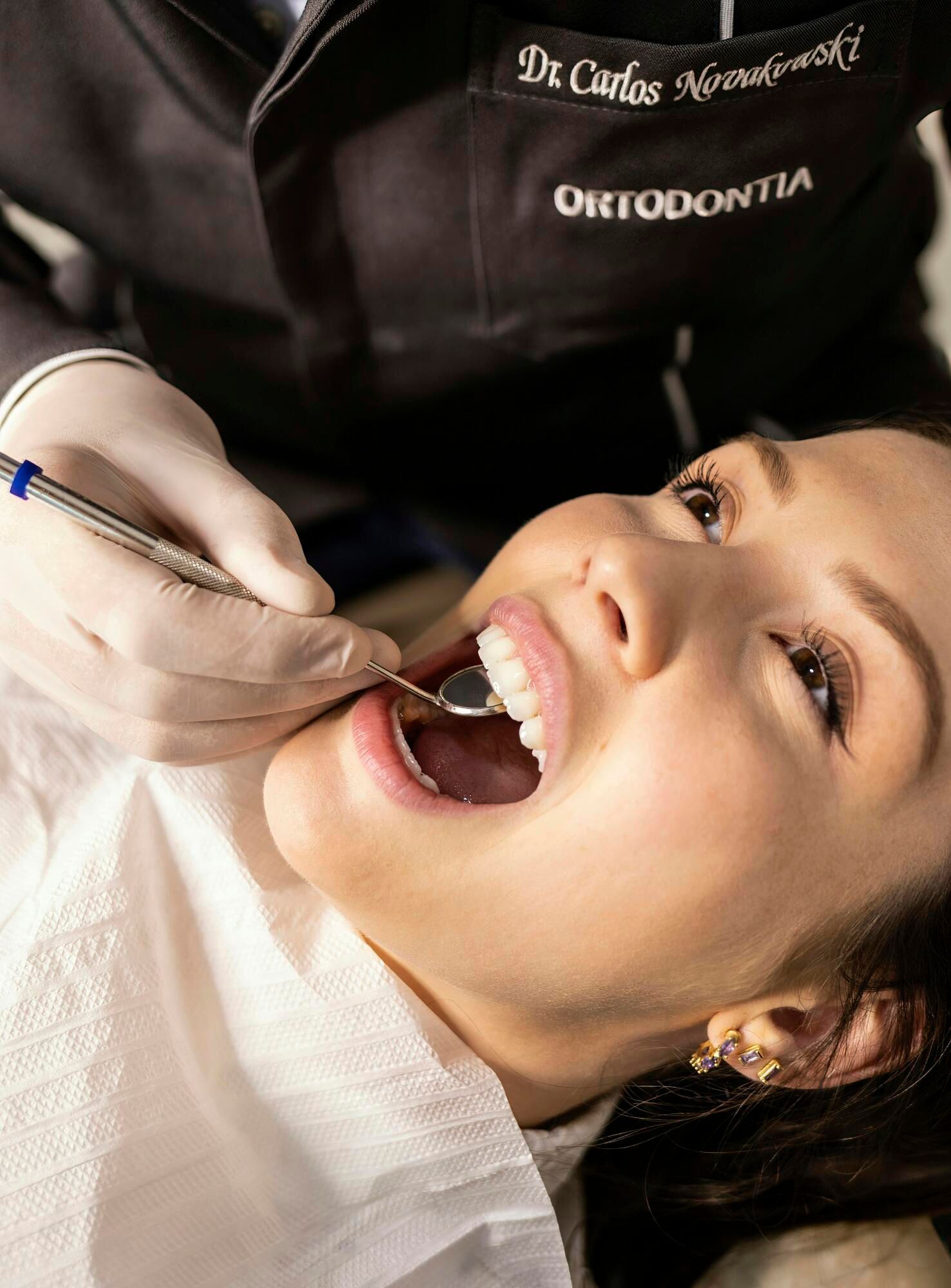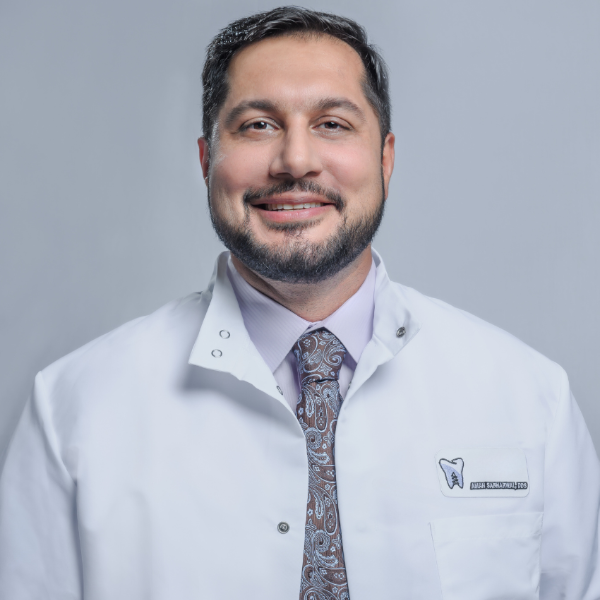Options for Replacing Missing Teeth
There are a few effective options for missing teeth replacements. Restore your smile and protect your oral health with this comprehensive and comparative guide.
Did you know that according to the CDC, over 13% of adults aged 65 and older have lost all their teeth? That's a significant number, and missing teeth can impact your confidence, your diet, and even your overall health.
But there's good news: there are options for missing teeth that can not only restore your smile but also protect your oral health. Whether you're aiming to regain your self-esteem or maintain your jaw's structure, this guide will show you the way.
From long-lasting implants to practical dentures, we'll explore each solution. Discover how you can smile boldly again.
Tooth Replacement Options
Replacing missing teeth does more than improve your appearance; it also helps in maintaining the structure of your jaw. You have several choices, each with its own benefits.
Here are some key options you might consider:
- Standard dental implants
- All on X (4/6) dental implants
- Dental bridges
- Types of dentures
Choosing the right option depends on your health, budget, and personal preference. Dental implants offer a permanent solution for those looking to avoid repeat procedures.
However, they require good bone density and a commitment to oral hygiene. For those interested in learning more about this option, check out
Simply Smiles DDS.
Dental Implants
Dental implants are often considered the gold standard for tooth replacement options. Here's why:
- Titanium post
- Jawbone integration
- Lifelong durability
They work by surgically inserting a titanium post into the jawbone, which then acts as a root for your new tooth. An abutment and crown are added to complete the tooth.
With proper care, dental implants can last a lifetime. If you're contemplating this type of treatment, further details can be
found here.
Dental Bridges: Reliable and Cost-Effective
Dental bridges provide a practical solution for filling the gap left by missing teeth. This option uses the teeth adjacent to the gap as anchors to support a custom-made prosthetic tooth. Bridges can restore functionality quickly and are more affordable than implants.
What makes dental bridges effective?
- They provide a seamless appearance when matched to your natural teeth
- They help prevent surrounding teeth from shifting
- They don't require surgery, making them a less invasive option
With proper care,
dental bridges can last over a decade. Regular cleaning, flossing, and dental visits help keep them in good shape. For those with limited jawbone density or who want a faster solution, bridges are a practical option.
Types of Dentures: Flexible and Customizable
Dentures are a traditional yet highly versatile choice for replacing multiple missing teeth. Advances in design and materials make modern dentures more comfortable and natural-looking than ever before.
There are three main types to consider:
- Full dentures that replace an entire upper or lower arch of teeth
- Partial dentures that fill in specific gaps while preserving remaining teeth
- Implant-supported dentures that combine the stability of implants with the coverage of dentures
Dentures offer an affordable option for restoring smiles. Regular adjustments may be needed to maintain a comfortable fit, and proper cleaning is essential to keep them fresh and functional. Whether you need partial or full coverage, dentures remain a time-tested solution.
Comparing Tooth Replacement Options
Choosing the best solution depends on several factors. Each person's needs and preferences play a role in the decision.
- Budget
- Lifestyle
- Oral Health
Your budget can influence the choice between implants, bridges, and dentures. Implants are a larger investment upfront but are often the most durable and long-lasting option.
Lifestyle considerations matter, too; dentures are removable and require more upkeep, while implants and bridges offer permanence and simplicity. Oral health, including the condition of your jawbone and gums, also affects suitability.
Implants rely on a strong jawbone, while bridges and dentures may work better for those with bone loss. A dental professional can guide you through these factors to find a solution tailored to your needs.
Advances in Implant-Supported Dentures
Implant-supported dentures combine the benefits of traditional dentures with the stability of dental implants. Unlike conventional dentures, which rest on the gums, these are anchored by implants surgically placed into the jawbone. This hybrid approach ensures a snug fit and eliminates common issues like slipping or discomfort.
One major advantage is improved chewing ability. With the added stability of implants, eating becomes more comfortable, allowing you to enjoy a wider variety of foods. Additionally, implant-supported dentures help maintain jawbone health by stimulating the bone and preventing deterioration.
This option works well for those seeking a middle ground between affordability and long-term durability. While the upfront cost is higher than traditional dentures, the added stability and functionality make it worth considering. Discuss with your dentist whether your jawbone and overall oral health make you a good candidate for this innovative solution.
Temporary Tooth Replacement Options
For those seeking an immediate solution, temporary tooth replacement options offer a convenient fix while waiting for a permanent one. Solutions like flippers (a lightweight, removable partial denture) can fill gaps quickly. These are often used after tooth extraction to maintain aesthetics and functionality during healing.
Temporary options are ideal if you're undergoing treatment like dental implants, which require time for the jawbone to heal.
They allow you to maintain a complete smile while preparing for a more permanent replacement.
Though not intended for long-term use, temporary replacements can prevent teeth from shifting into gaps and protect your confidence in the meantime. Proper care, including cleaning and handling, ensures these options remain functional and comfortable. Discuss temporary solutions with your dentist to find one that suits your needs during the transition to a permanent replacement.
Exploring Options for Missing Teeth
Choosing the right option for missing teeth can transform your smile and protect your oral health. Whether you prefer the permanence of implants, the affordability of bridges, or the flexibility of dentures, each solution offers unique benefits.
Consult with your dentist to explore these options for missing teeth and find the perfect fit for your needs.
Discover if dental implants are the solution for your missing teeth with a comfortable and precise CT scan. At Simply Smiles, our advanced technology ensures accurate results while keeping you at ease.
Book your consultation today and take the first step toward a healthier, more confident smile.














